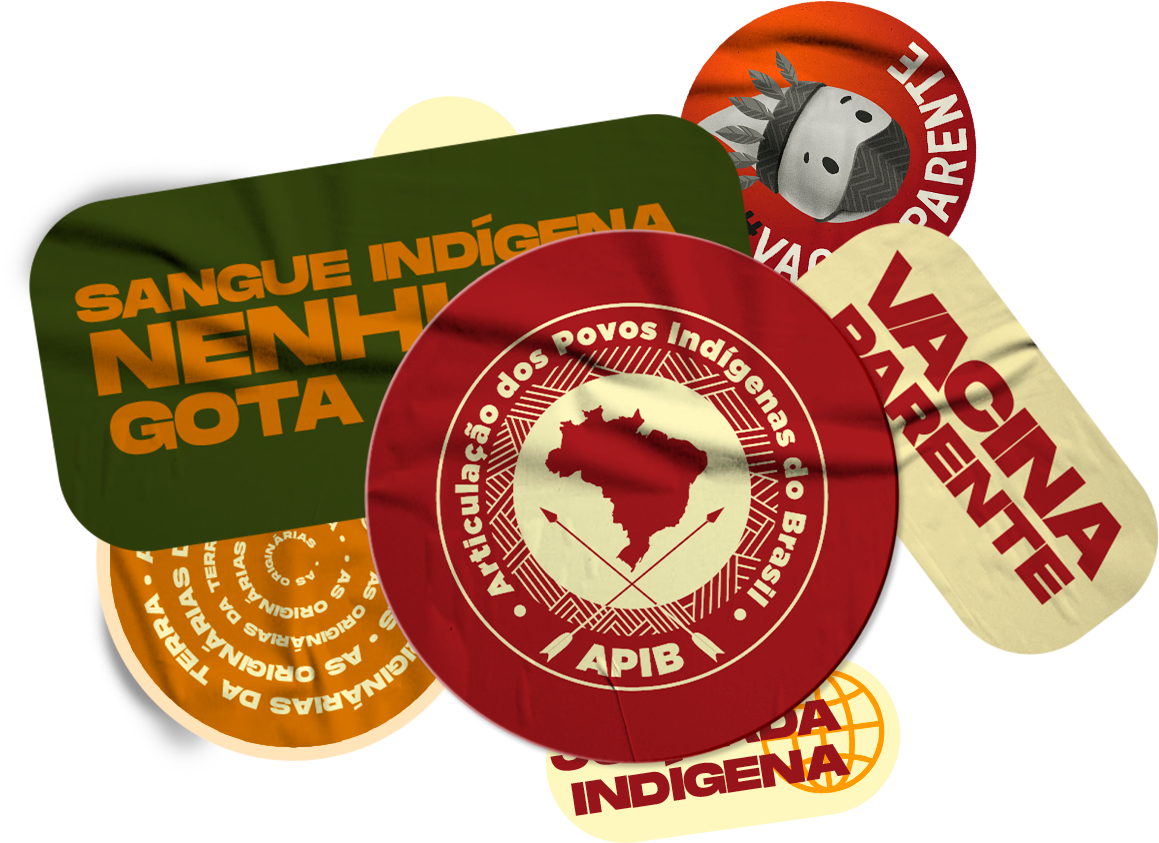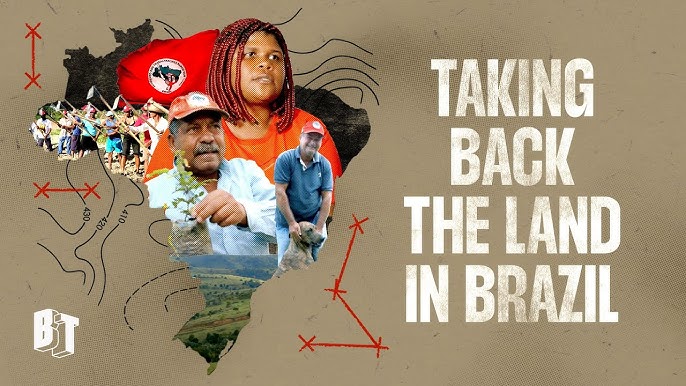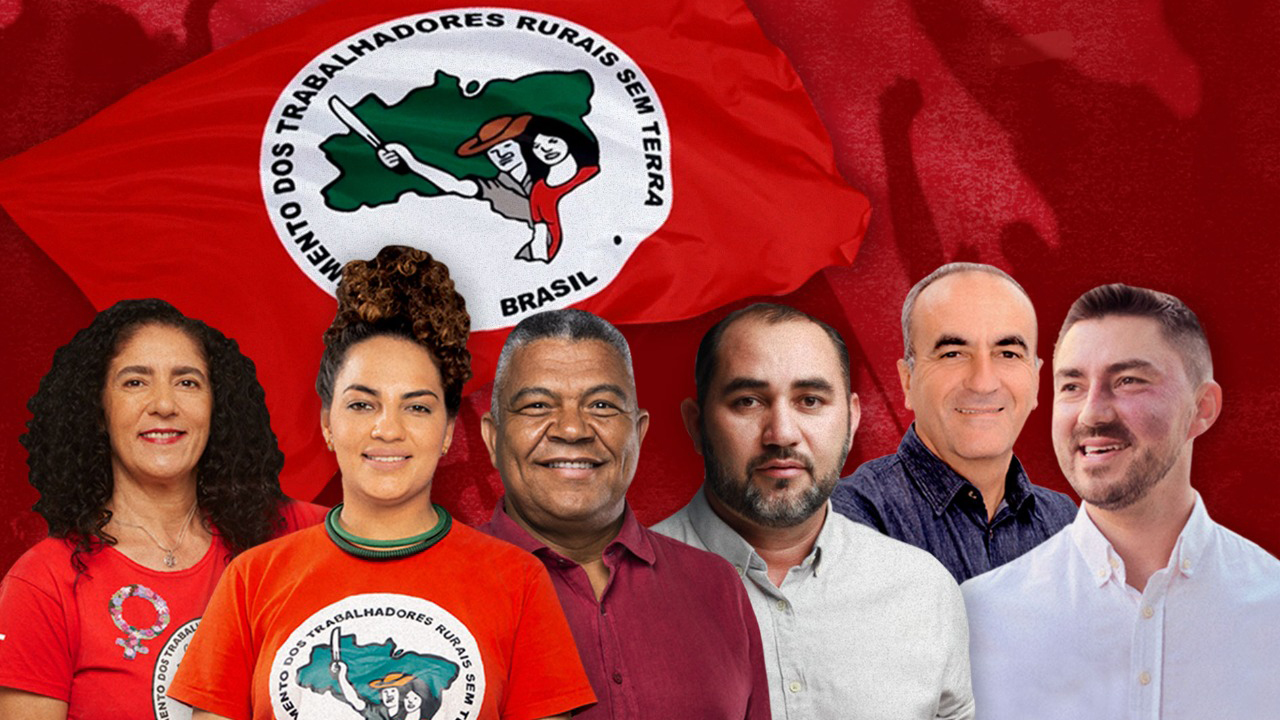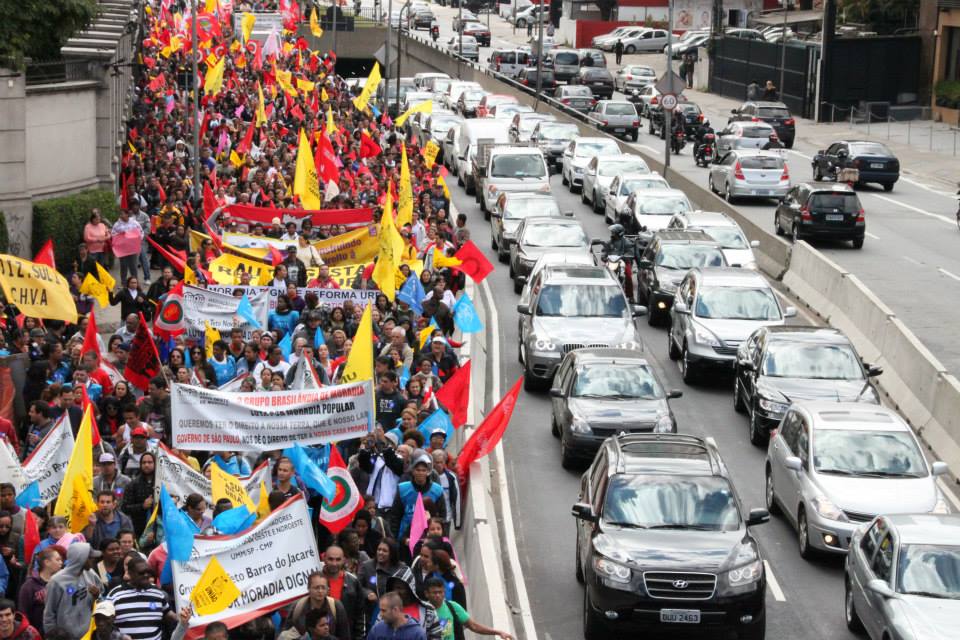- Home
- movement bra
- A Brief Look at Brazilian Social Movements - Center for Economic and Policy Research
A Brief Look at Brazilian Social Movements - Center for Economic and Policy Research
4.7 (556) · $ 14.99 · In stock
Brazil currently has its most conservative Congress in decades. As violence against social movements increases and the criminalization of Brazilian social movements in the media and judiciary intensifies, it is a good time to take a closer look at who these movements are and what they are doing. How did they start, and what is their position in the current political context? This article is meant to serve as a very brief introduction to two of the largest Brazilian social movements: the MST and the UNMP. During the 1970s, as Brazil suffered under a U.S.-supported neofascist military dictatorship, liberation theology factions within the Catholic Church created political organizing groups, called ecclesiastic base communities, in poor villages and slums. Using methodological tools developed by philosophers such as Paulo Freire, and influenced by Marxism, the priests and nuns began to develop local leaders and organize exchanges among them at the local, regional and national level. There were other factors at work, but the role that liberation theologians played, from the final years of the dictatorship until their censure by the Church hierarchy in the late 1980s and early 1990s, was fundamental in the formation of the popular (or “poor people's”) social movements. These movements played an important part in creating one of world's most progressive constitutions, as well as in the formation of the PT (Workers Party), and the elections and re-elections of Lula Inacio da Silva and Dilma Rousseff. Photo courtesy of the UNMP-São Paulo. The Movimento dos Trabalhadores Sem Terra, or MST (commonly called the Landless Peasants' Movement, or Landless Workers' Movement), was created in 1984 to address historic inequalities in rural areas (caused by 500 years of monoculture) by fighting for agrarian reform, collectively squatting on and farming on unproductive land under the slogan “Occupy, Resist, Produce.” Due mainly to its efforts, this practice is considered legal under the 1988 Constitution (although the Constitution is frequently ignored by local governments and the judiciary in Brazil) and is now regulated, supported and protected by a government agency called the Instituto Nacional de Colonização e Reforma Agrária.
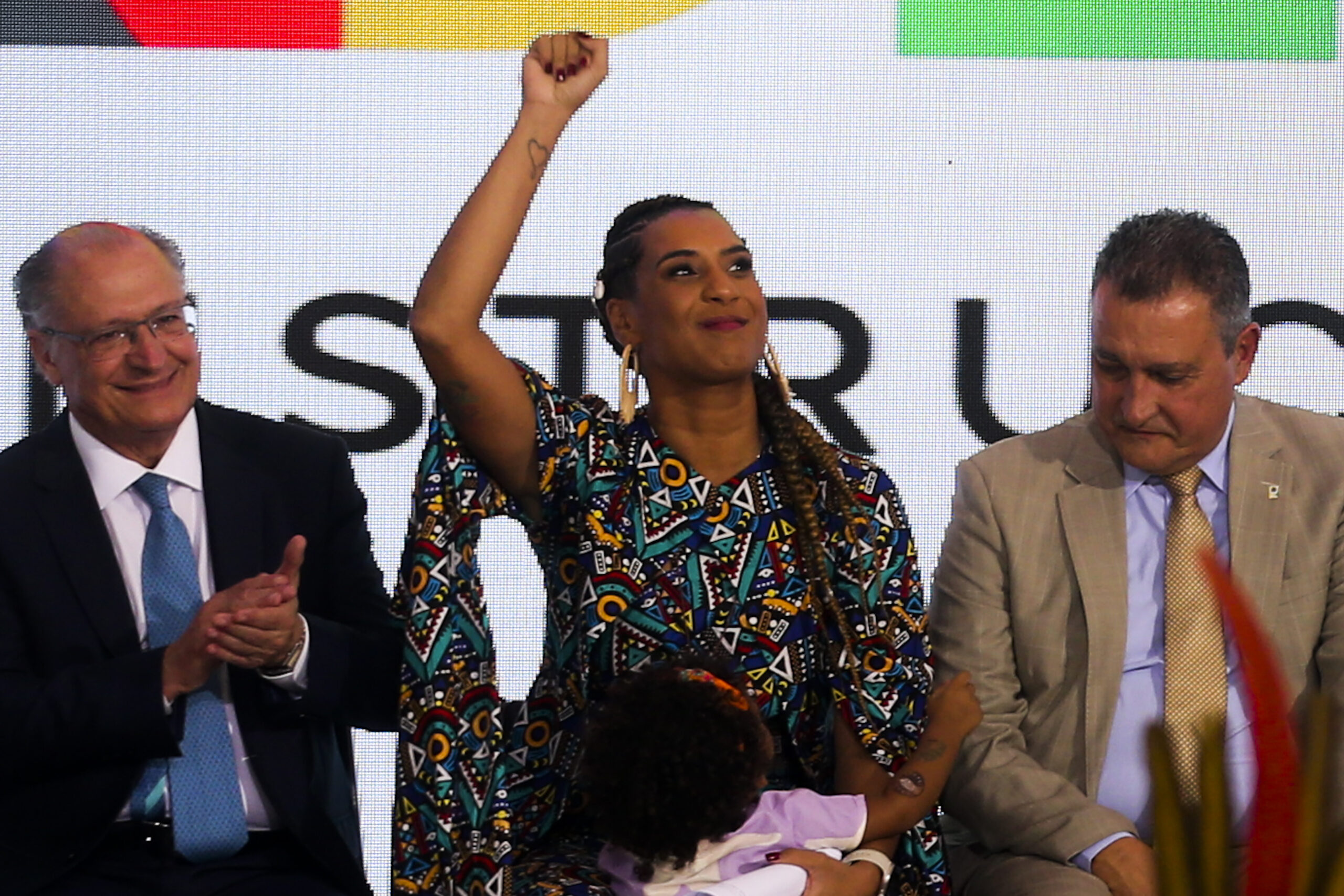
Let's Walk Together': Brazilian Minister of Racial Equality Anielle Franco's Inauguration Speech in Full - RioOnWatch
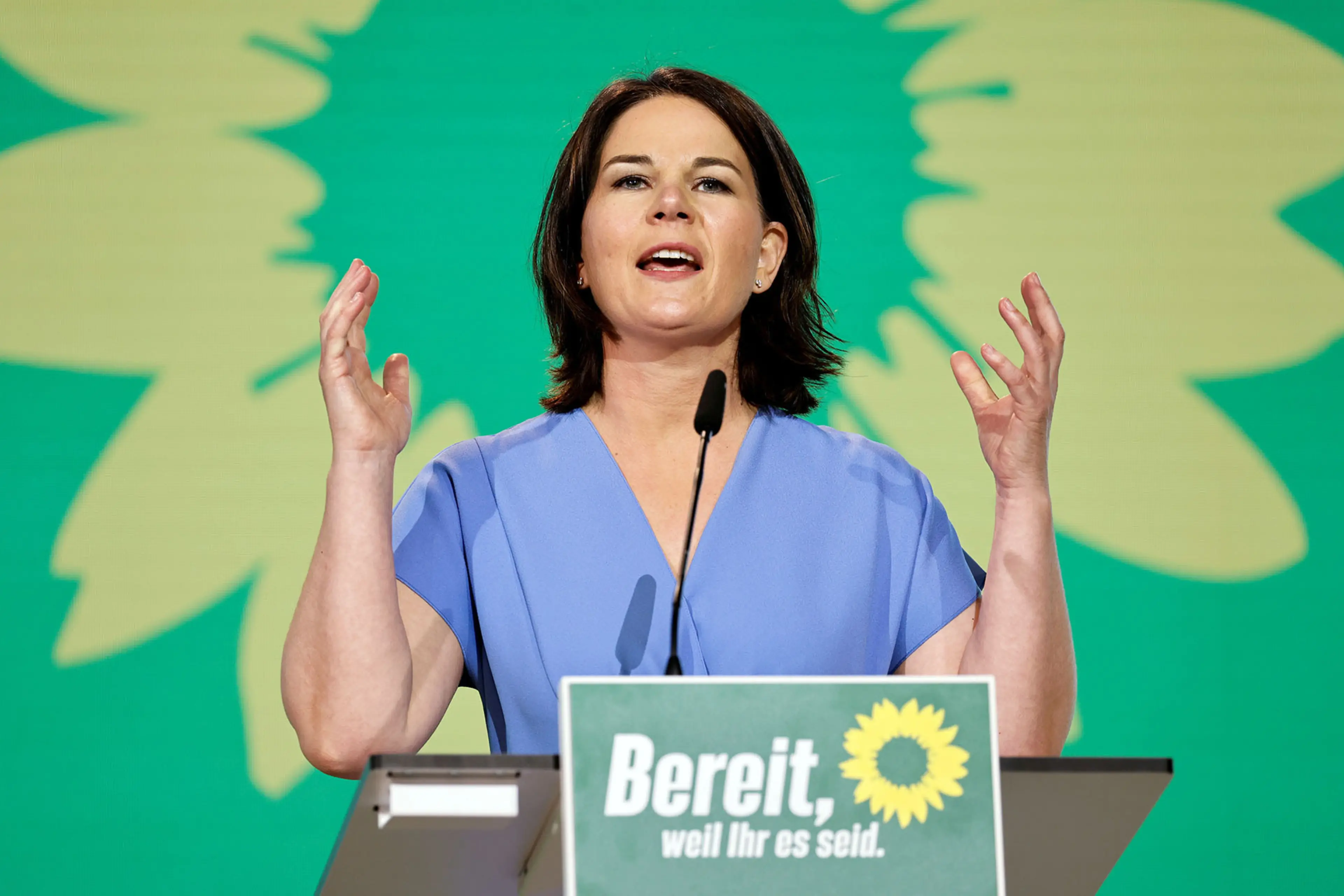
How Green-Party Success Is Reshaping Global Politics
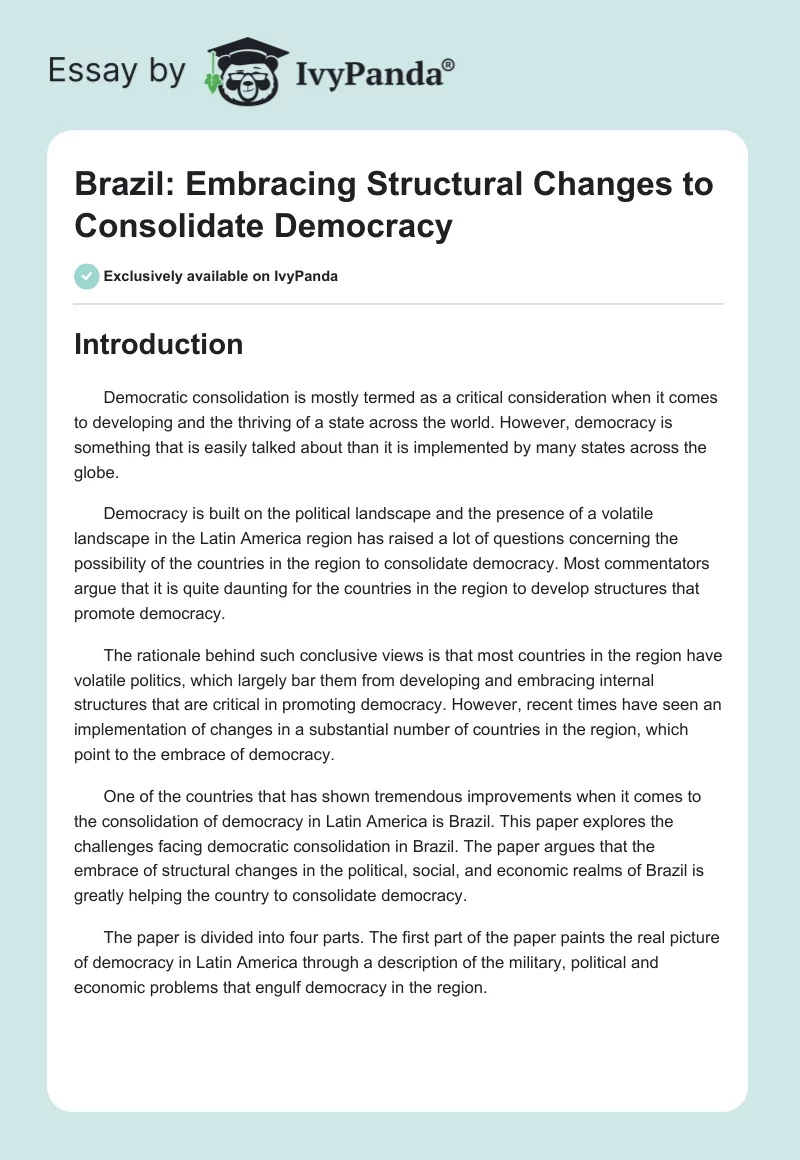
Brazil: Embracing Structural Changes to Consolidate Democracy - 3176 Words

Part 2 of a Two-Part Look at: 1. Principles for Navigating Big Debt Crises, and

Humanities, social sciences are necessary to inform environmental studies - Daily Bruin

Marking 50 Years in the Struggle for Democracy
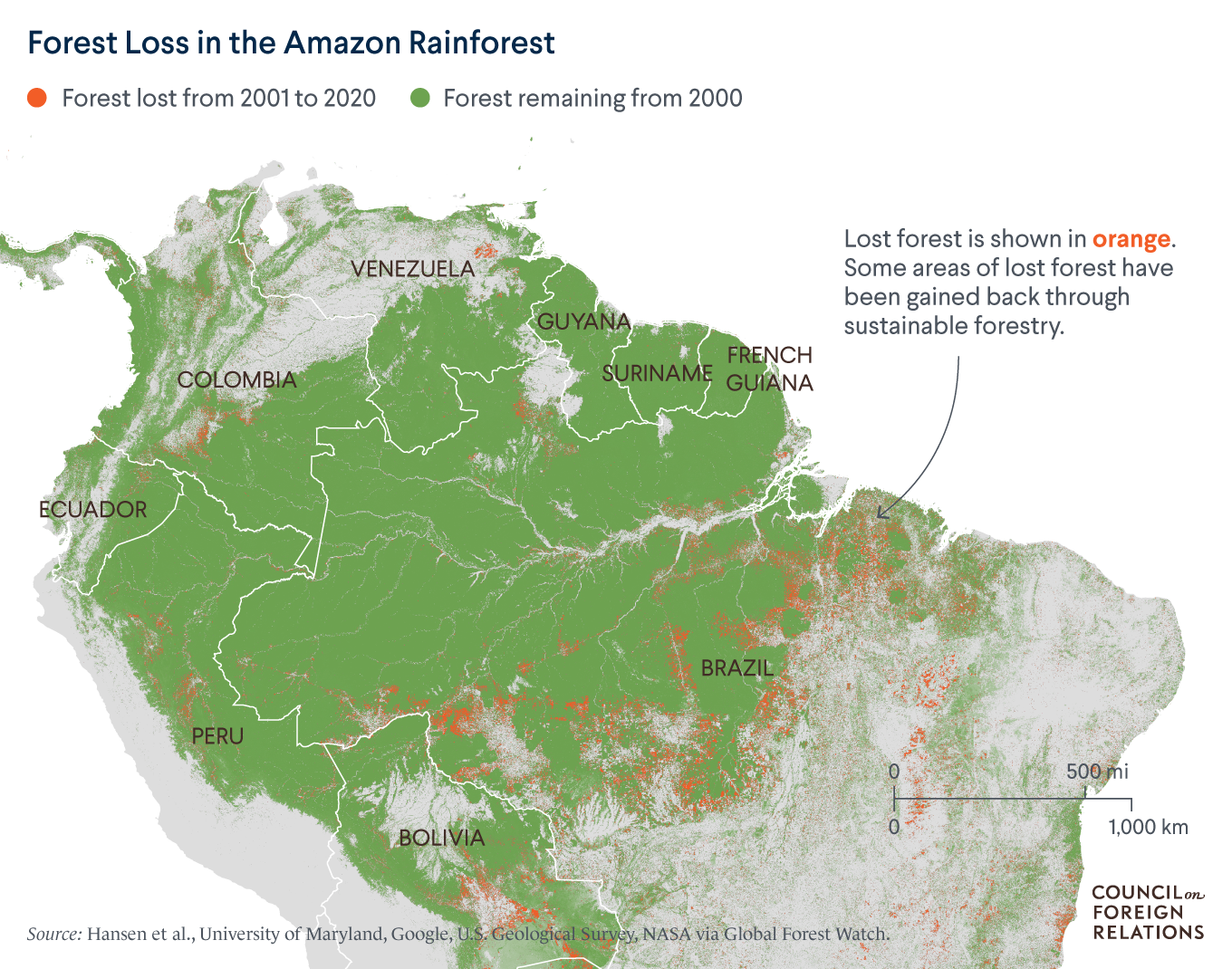
Deforestation of Brazil's Has Reached a Record High. What's Being Done?
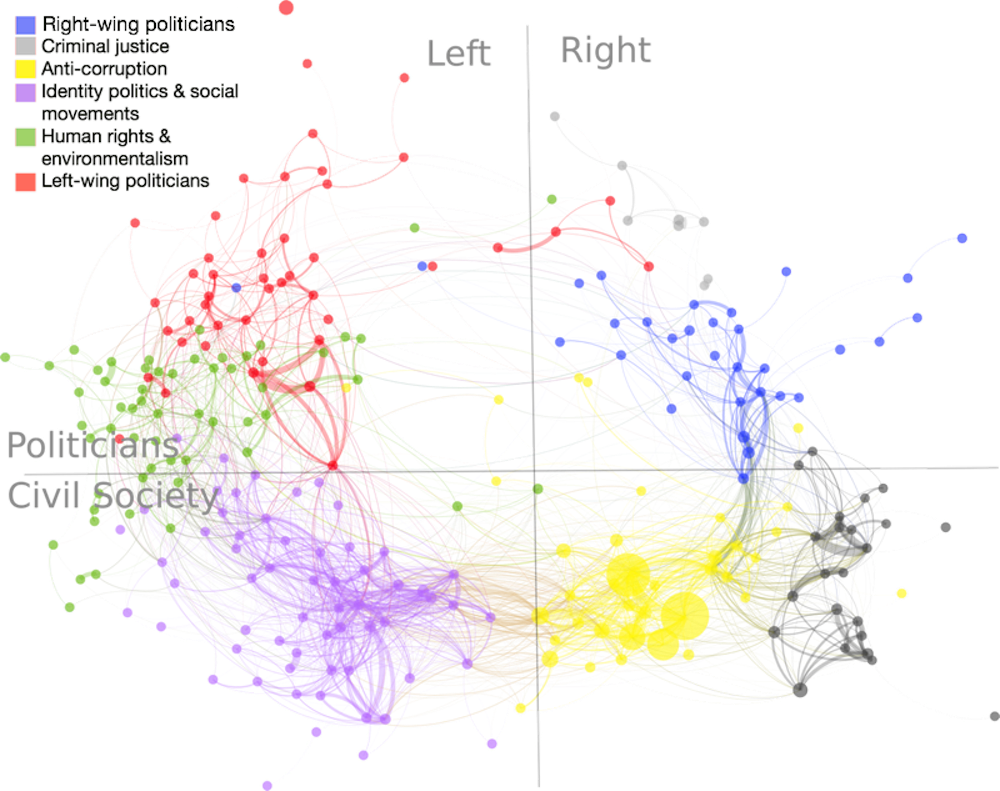
Mapping Brazil's political polarization online
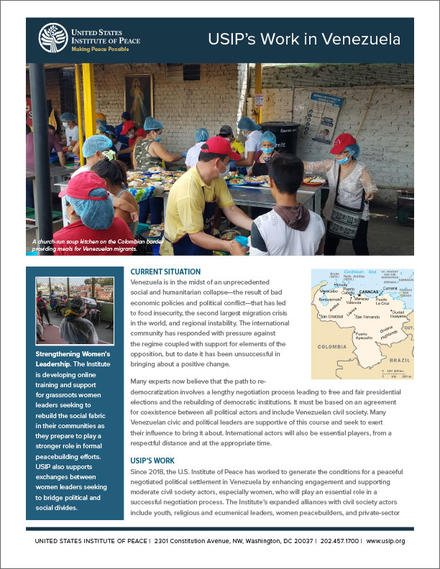
The Current Situation in Venezuela
Used Book in Good Condition Highlight, take notes, and search in the book In this edition, page numbers are just like the physical edition

The Rise of the Conservative Legal Movement: The Battle for Control of the Law (Princeton Studies in American Politics: Historical, International, and
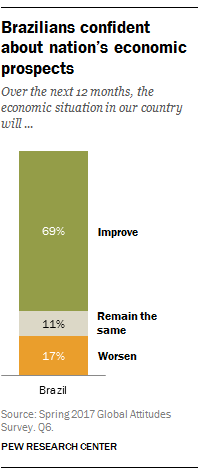
How Brazilians view their country's economic, political crises
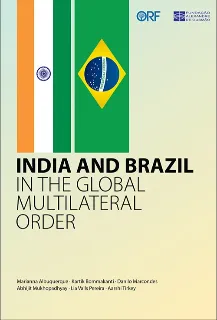
India and Brazil in the Global Multilateral Order

How Climate Change Has Supercharged Bernie Sanders, Elizabeth Warren, and the Left in the United States and Europe

Ending gender-based violence in South Africa, one march at a time - Ford Foundation







